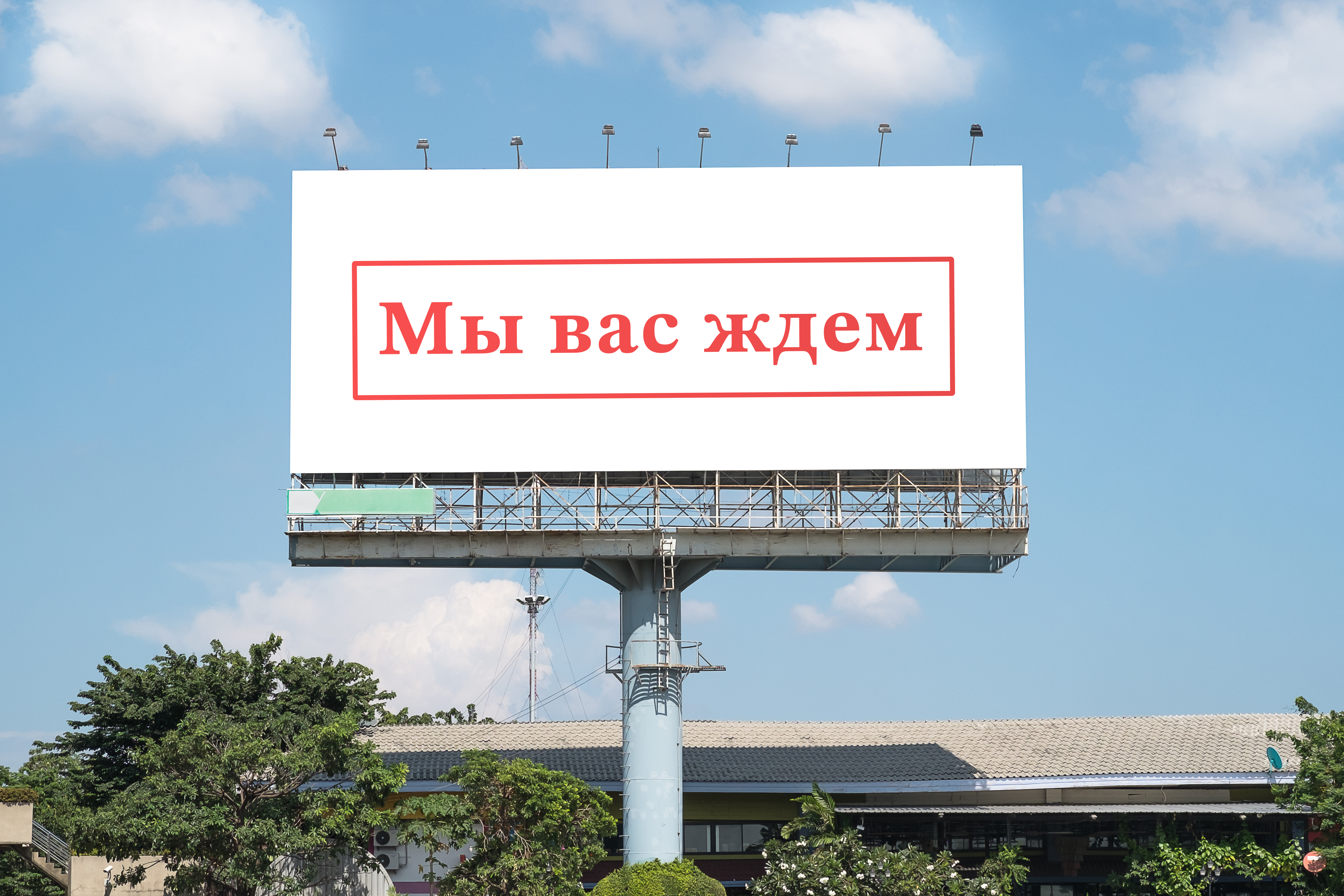Why Agencies Need Translation Partners
Medical Pharmaceutical Translations • Oct 30, 2023 12:00:00 AM

Medical communications agencies often work with complex and specialized content related to healthcare, pharmaceuticals, biotechnology, and other medical fields. This content needs to be accurately communicated to diverse audiences across different languages and regions. Here are several reasons why medical communications agencies might need a translation partner:
Specialized Knowledge: Medical content is highly technical and often involves terminology, concepts, and regulations specific to the healthcare and life sciences industries. A translation partner with expertise in these fields can ensure accurate and contextually appropriate translations.
Accuracy and Precision: In medical communications, accuracy is paramount. A minor mistranslation or misunderstanding can have serious consequences, including miscommunication of medical information or regulatory non-compliance. A professional translation partner can ensure precise translations that maintain the intended meaning.
Regulatory Compliance: Medical content is subject to various regulatory guidelines and standards in different countries. A translation partner familiar with these regulations can help ensure that translated content meets all necessary requirements and remains compliant.
Cultural Sensitivity: Medical content may need to be adapted to suit the cultural nuances and sensitivities of the target audience. A skilled translation partner can ensure that translations are culturally appropriate and resonate with the intended readers.
Multi-Language Reach: Medical communications agencies often work on projects that need to reach a global audience. Having a translation partner enables them to effectively communicate with audiences who speak different languages, expanding their reach and impact.
Efficiency and Speed: Collaborating with a translation partner allows medical communications agencies to focus on their core expertise while leaving the translation process to professionals who can work efficiently and meet tight deadlines.
Consistency: Medical communications agencies may handle a variety of content types, such as scientific papers, clinical trial documentation, patient education materials, and marketing collateral. A translation partner can help maintain consistent terminology and style across all translations, enhancing the agency's brand and reputation.
Cost-Effectiveness: Developing an in-house translation team for multiple languages can be costly and resource-intensive. Partnering with a professional translation agency can provide cost-effective solutions without compromising on quality.
Quality Assurance: Reputable translation partners often have quality assurance processes in place, including multiple rounds of review and proofreading. This helps ensure that the final translated content is accurate and error-free.
Focus on Core Competencies: Medical communications agencies can focus on their primary tasks, such as content creation, strategy development, and client interactions, while leaving the specialized task of translation to experts in the field.
In summary, a translation partner is essential for medical communications agencies to effectively communicate complex medical information across languages and cultures while maintaining accuracy, compliance, and quality.
